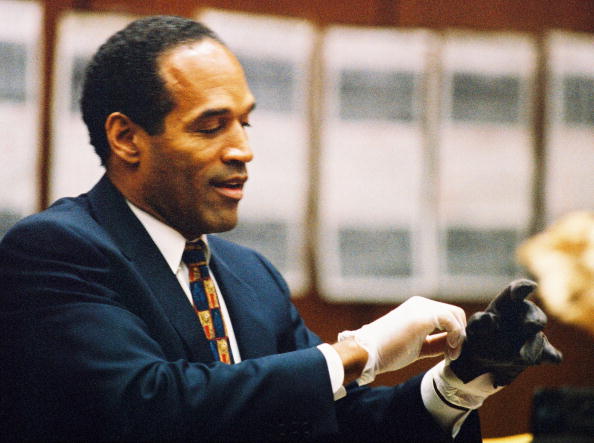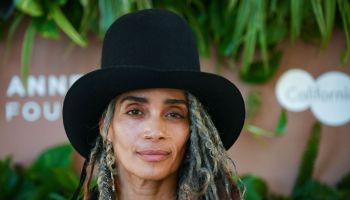While most were surprised by David Oyelowo’s (pictured left) Oscar snub for his portrayal of Dr. Martin Luther King Jr. in the critically acclaimed “Selma,” the actor himself was not. Speaking Sunday at the Virtuoso Awards at the Santa Barbara International Film Festival in California, he said Hollywood has a long history of ignoring Black actors cast in strong roles, according to People magazine.
SEE ALSO: Houston Family: ‘Bobbi Kristina Is Fighting For Her Life’
To illustrate his point, the 38-year-old actor cited Hollywood’s failure to nominate Denzel Washington for his powerful role in “Malcolm X” but did so for his portrayal of a corrupt cop in “Training Day.” Oyelowo also noted that Sidney Poitier should have won for “In the Heat of the Night,” a film about an investigator who fights racism and corruption in fictional Sparta, Miss., instead of “Lilies of the Field,” the story of a traveling handyman and a bunch of White nuns in the desert.
“We’ve just got to come to the point whereby there isn’t a self-fulfilling prophecy, a notion of who Black people are that feeds in to what we are celebrated as. Not just in the Academy—just in life generally,” he told the crowd.
“We have been slaves, we have been domestic servants, we have been criminals, we have been all of those things,” he added. “But we’ve been leaders. We’ve been kings. We’ve been those who change the world. Those films where that is the case are so hard to get made.”
He said “Selma” became possible after the box office successes of “The Butler” and “12 Years a Slave”: “I know for a fact that ‘Selma’ got greenlit after both of those films made almost $200 million each.”
“Up until ’12 Years a Slave’ and ‘The Butler’ performed well both critically and at the box office, films like this were told through the eyes of White protagonists, because there is a fear of White guilt,” he explained. “So you have a very nice White person who holds Black people’s hands through their own narrative. And then you have Black people to be [like], ‘We don’t want to see that pain again,’ so you don’t really go in to what that pain was in an authentic way. Both of those things are patronizing to the audience.”
Watch the video here:
SEE ALSO: Stacey Dash Says Rape Victims Are ‘Bad Girls’ Who ‘Like To Be Naughty’ [VIDEO]
















